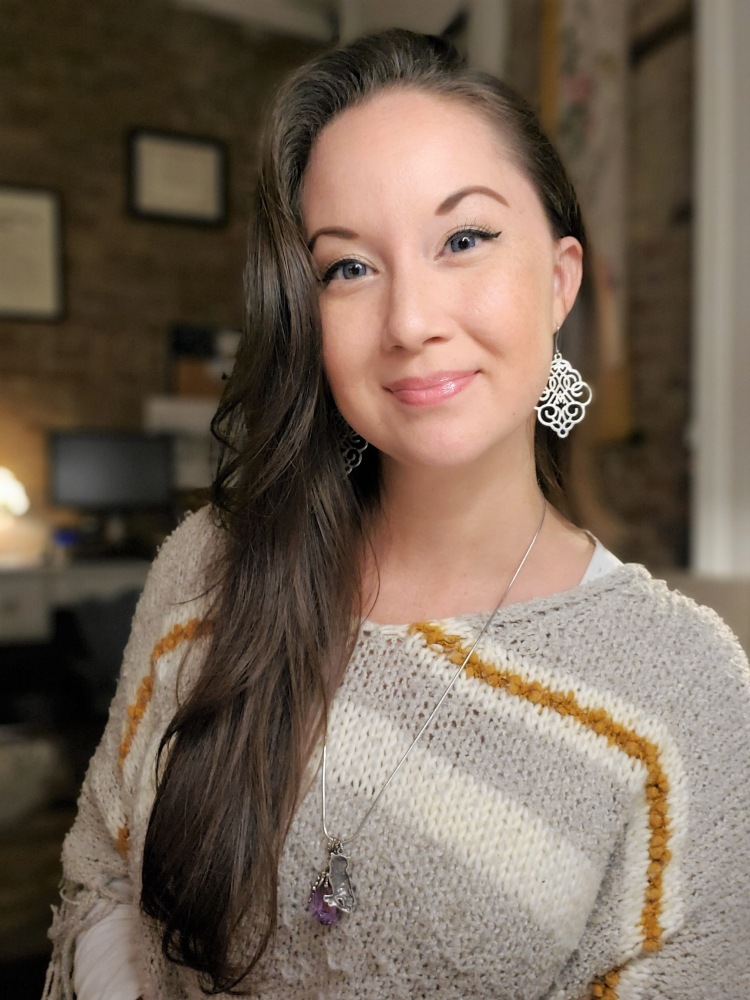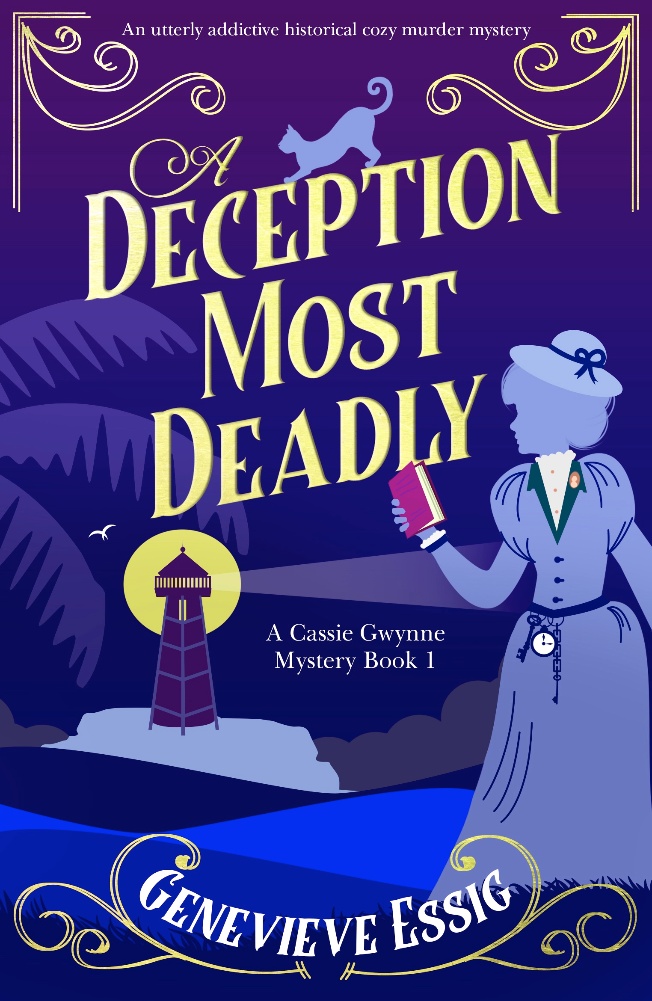
When I decided to write a historical novel five years ago, as a break from my intense career up to that point as a corporate lawyer, my reasoning was simple: I liked books, I liked history, and I liked research and writing—so, why not?
Fortunately, it turned out to be the right project for me, despite what, in retrospect, was an overly simple and strikingly uninformed decision-making process, but here a few things it would have been useful to know at the start:
1. It will take longer than you think. Much, much longer. Readers of historical fiction don’t want to be simply told about the past, they want to go there and experience it for themselves. Otherwise, they could go read a timeline. Therefore, the details matter, and much of what a contemporary novelist can take for granted as already known and understood by the reader, a historical novelist must discover and explain.
These details range from the obvious—modes of transportation, clothing, architecture, technology, political undercurrents—to the subtle—everyday inconveniences, types of houseplants, existing dog breeds, idioms, preferred luncheon meats—and the research needed to get it right is both substantial and fraught with rabbit holes that could lead one to the beginning of history and back.
Some days, I count myself lucky if I can draft an entire page of dialogue without having to research a word’s date of “first known use” in order to feel comfortable having a character say it. Time travel is complicated.
2. It will make you develop strange habits. If you truly love research, and I maintain that to be a historical novelist you must, your work will eventually change you. You will know this has happened, for example (taken from personal experience):
- When you tell your friend you “read something interesting the other day in the news,” and by “the news,” you mean a weekly paper from 1884.
- When you’re on a historic home tour and you corner the tour guide with more than four questions about wallpaper installation methods then several more about how, precisely, the nineteenth-century outhouse was serviced. A related behaviour, possibly affecting only those whose stories are also mysteries, involves commenting aloud on whether various displayed household objects might make for “an interesting murder weapon.”
- When, within the first half hour of meeting someone, you’ve mentioned your opinion that wearing corsetry “wasn’t that bad” “as long as it was fitted properly.”
3. It comes with responsibility. Most readers of historicals wish to learn something they can take away and share with others as true. So, a historical novelist should be conscious of the fact that their role is both story teller and teacher and take pains to tell the truth, as far as research can illuminate it, even though they’re writing fiction.
4. It may ruin some things for you. For most, as the saying goes, seeing sausage made forever changes the experience of eating it. So, too, with historicals. Once you have researched a time period, upon encountering another book or a film set in that era, you may find your capacity for suspending disbelief and letting the story carry you away diminished because you can’t help picking out errors or getting excited when something is captured well. In addition, if you insist on sharing such observations while others are in the midst of trying to read/watch the content, it may result in social impacts.
5. It’s worth it. Ultimately, if you like books, you like history, and you like research and writing—really like both research and writing—the process is as rewarding as the product. Even on days when you feel impatient with the pace of things, you will be learning, exploring, and travelling through space and time, and what’s better than that?

Genevieve Essig is the author of the Cassie Gwynne Mystery series, the first of which, A Deception Most Deadly, is out today (January 14, 2022), by Bookouture/Storyfire Ltd., a member of Hachette UK.
To learn more, please visit her website at genevieveessig.com or connect with her via Facebook, Twitter, or Instagram (@essigauthor).
MORE FROM BOOKS: Seven things I'd like my readers to know about me, by Katherine Webber

